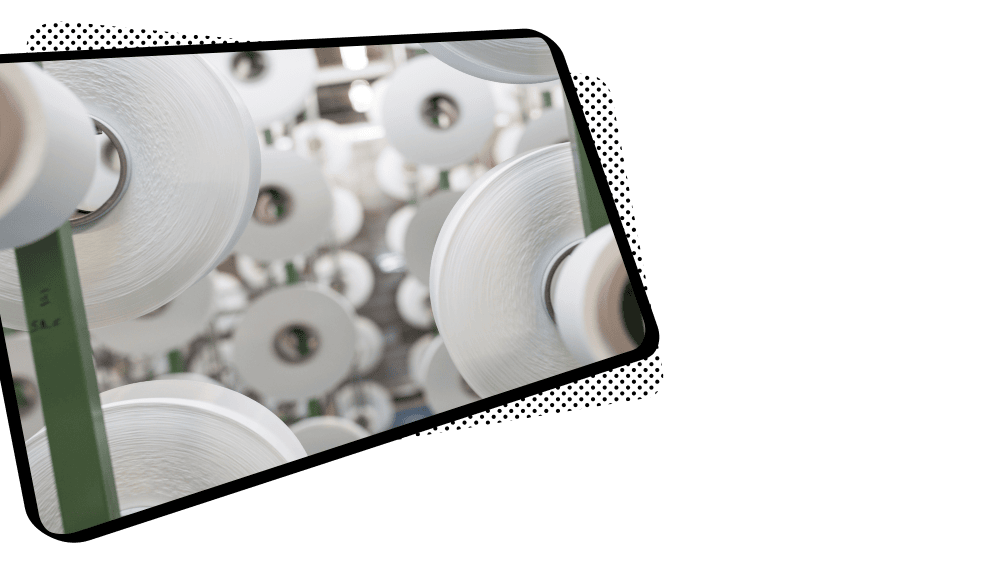JLR
Sustainable
Transformation
of Car Floor Mats

Jaguar Land Rover (JLR) has embarked on a project to
revolutionize the production of floor carpets in their
automobiles. Traditionally, these carpets were made from virgin
nylon, a durable, carbon emission-intensive plastic fibre.
However, as a part of their commitment to achieving Carbon
Net Zero status by 2039, JLR recognized the need to reduce
carbon emissions associated with the materials used in their
products. To reduce reliance on virgin nylon, JLR switched to
ECONYL® which is produced using ocean plastics and landfill
waste. Not only does this reduce plastic pollution by reclaiming
plastic waste from the environment, the ECONYL®
manufacturing process also reduces emissions in production by
90% compared to virgin material.







